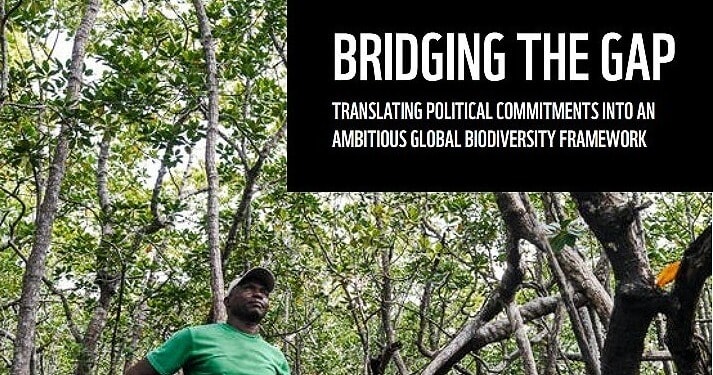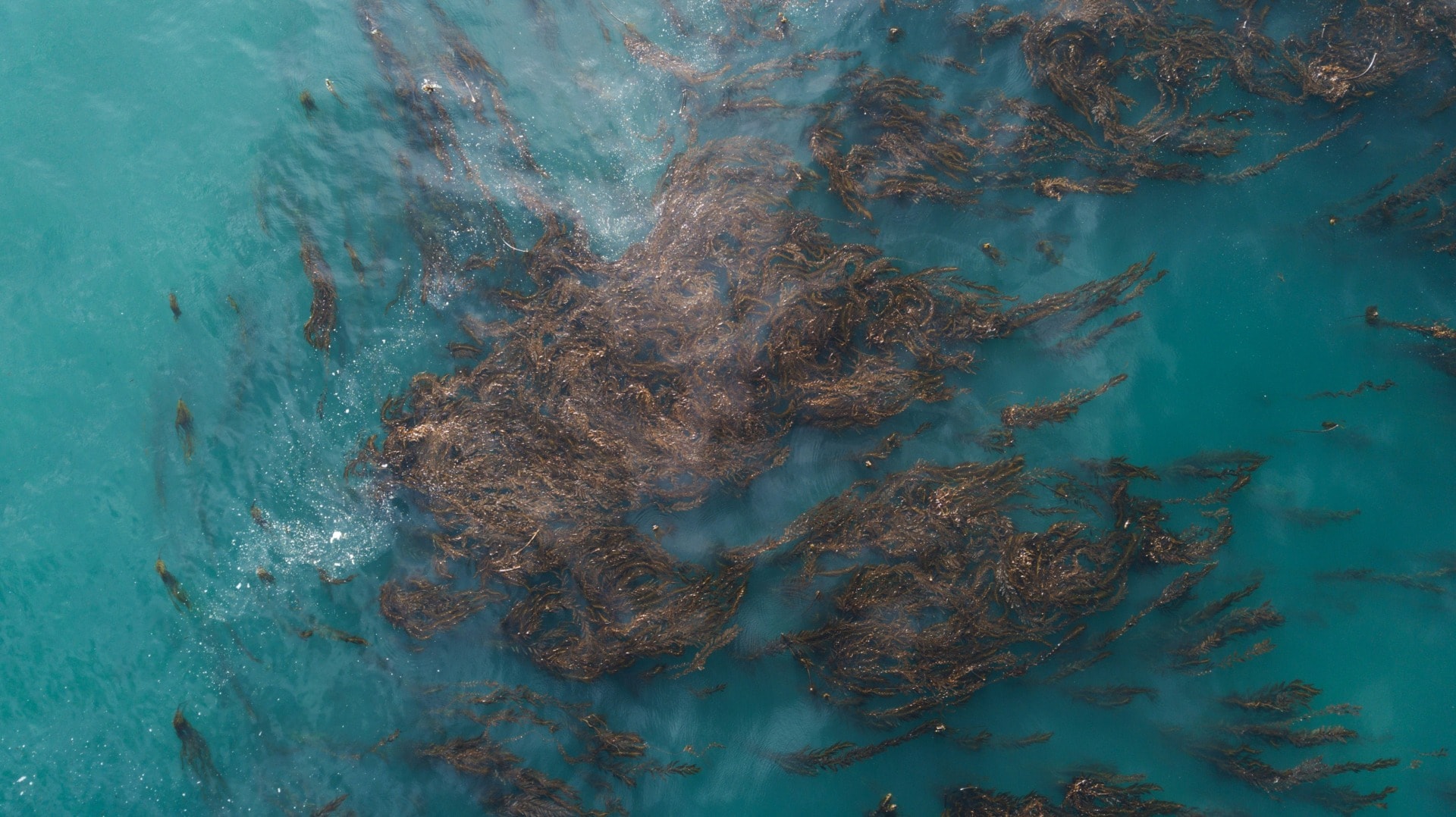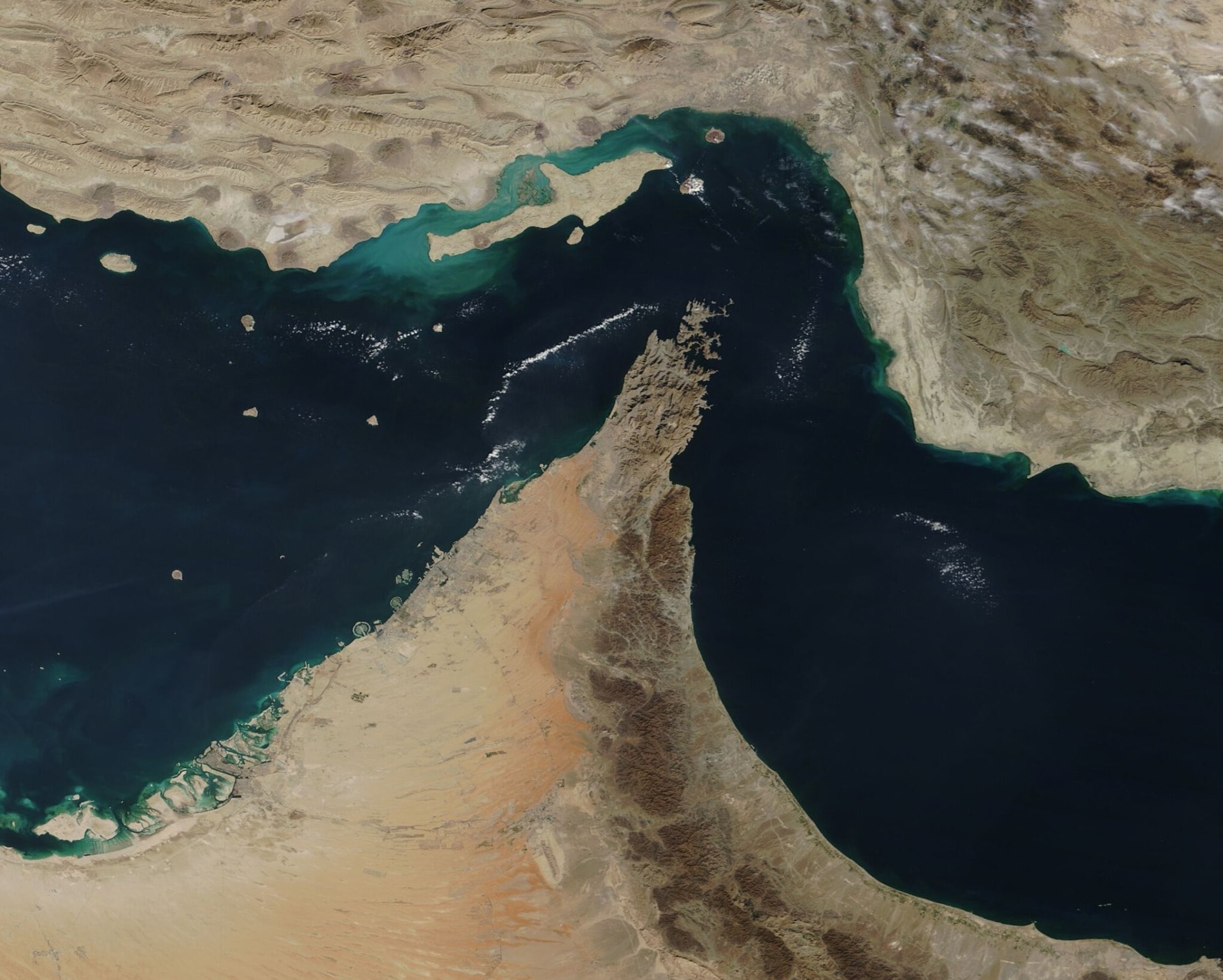The World Wildlife Fund (WWF) report published on March 9 is an act of accusation. With the title “Bridging the Gap: Translating Political Commitments into an Ambitious Global Biodiversity Framework”, it provides a stark assessment of the global biodiversity draft agreement, finding a wide divergence with the major collective commitments that governments around the world have made.
The authors of the report don’t mince their words: They say that, in many areas, “the first draft [of the post-2020 Global Biodiversity Framework] falls far short of the highest level of ambition to which governments have already committed.”
Action from governments, WWF shows, has been limited and unambitious, falling short of their recent commitments to tackle the world’s climate and biodiversity crisis. At the same time, the global biodiversity agreement currently being negotiated by governments does not go far enough to reverse nature loss.
This agreement, which will be known as the post-2020 Global Biodiversity Framework, is scheduled to be adopted by global governments at this year’s UN Biodiversity talks (CBD COP15) in Kunming, China.
After postponements due to the pandemic, a face-to-face meeting is now scheduled to take place from 25 April-8 May 2022. The COP15 will be an opportunity for all countries to come together to agree on a plan to set nature in recovery, for a nature-positive world by 2030.
“The science has never been clearer, we are in a state of planetary emergency: the interdependent crises of biodiversity loss, ecosystem degradation and climate change – driven in large part by unsustainable production and consumption – require urgent and immediate global action”, warns the report.
“This framework presents a once-in-a-decade opportunity to secure an ambitious and transformative global biodiversity agreement that sets nature on the path to recovery, in support of climate action and the Sustainable Development Goals,” writes WWF. Yet, despite world leaders publicly committing to secure an ambitious and transformative global biodiversity agreement, they have not yet collectively delivered on these promises
Marco Lambertini, Director General of WWF International, concludes :
“Today’s catastrophic loss of nature is increasing our vulnerability to pandemics, exacerbating climate change, and threatening both livelihoods and the global economy. World leaders have promised to act to protect nature and people by securing an ambitious global biodiversity agreement, but our new analysis reveals that much more needs to be done for actions to match words – and urgently.”
What’s wrong with the Draft Agreement, according to the WWF Report
The report comes shortly before the UN biodiversity talks in Geneva, Switzerland, which will be held from 14-29 March. The talks in Geneva are the final opportunity for governments to negotiate on the global agreement, before the approval at the COP15 meeting hosted by China.
The report finds nine areas in which the draft agreement is lacking, including:
- The current agreement only requires that the “increase in the extinction rate [to species] is halted or reversed, and the extinction risk is reduced by at least 10 per cent”. Instead, countries should push for urgent action to prevent the extinction of threatened species from 2022 (i.e. immediately) and for the population abundance of species to be recovered by 2030;
- A strong review and ratchet mechanism is lacking to ensure governments regularly review progress and increase action to hit targets;
- The actions proposed are insufficient to address unsustainable patterns of production and consumption in large part responsible for nature loss;
- There are no commitments to halt all subsidies harmful to nature or repurpose them.
The WWF report makes it clear that the global agreement must be significantly strengthened if it is to match up with leaders’ promises to reverse biodiversity loss by 2030. “The fact that leaders are currently not doing enough to turn the tide on nature loss, and in some instances are regressing on commitments in the Sustainable Development Goals and the Aichi targets, should keep us all awake at night”, argued by Lin Li, Director, Global Policy and Advocacy at WWF International.
In short, the draft agreement as it currently stands lacks specific and detailed targets in order to tackle the major drivers of biodiversity loss, which is a chief area of concern. One can only hope that there will be enough time before the meeting next month for the necessary improvements to be made to the final agreement. The question of whether governments are really serious about biodiversity remains open.
Editor’s Note: The opinions expressed here by Impakter.com columnists are their own, not those of Impakter.com. — In the Featured Photo: Cover page of the WWF report (screenshot)









